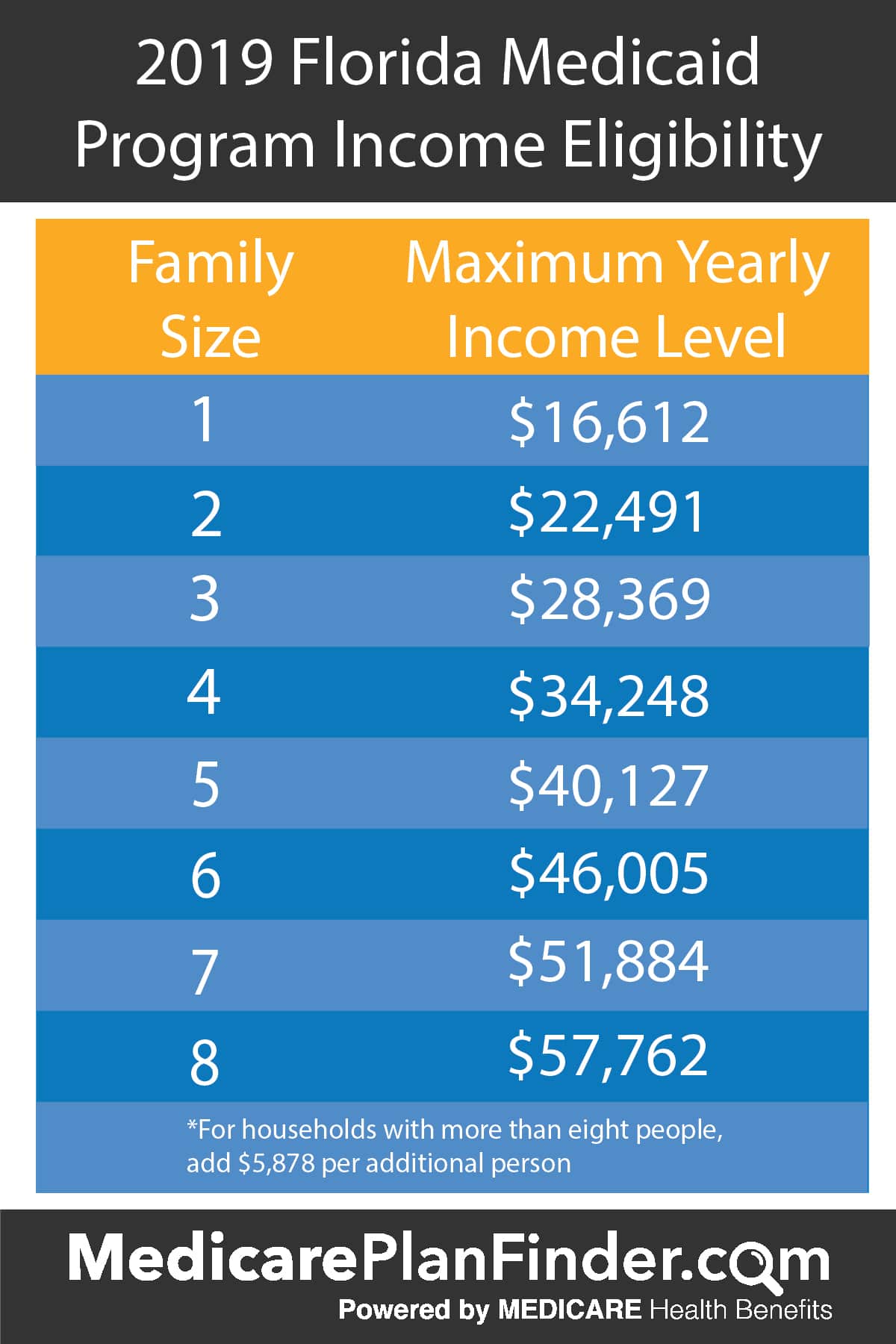
Are you considering applying for Medicaid in Florida but unsure about the eligibility criteria and benefits available to you? In this post, we will explore everything you need to know about Medicaid in Florida, including the application process, coverage options, and important details to keep in mind. Whether you are a resident of Florida or simply curious about the Medicaid program in the Sunshine State, this guide will provide you with the information you need to navigate the system effectively. Let’s dive in and demystify the world of Medicaid in Florida!
1. Eligibility Criteria for Medicaid in Florida
Medicaid in Florida is a state and federally funded program that provides health coverage to eligible low-income individuals and families. To qualify for Medicaid in Florida, individuals must meet certain eligibility criteria based on factors such as income, family size, age, and disability status. In Florida, the income threshold for Medicaid eligibility varies depending on the category of eligibility, such as pregnant women, children, parents/caretaker relatives, and individuals with disabilities.
Additionally, Florida residents may qualify for Medicaid based on their status as a U.S. citizen, U.S. national, or qualified immigrant. It’s important to note that meeting the eligibility requirements for Medicaid in Florida does not guarantee automatic enrollment, as applicants must also complete the application process and provide necessary documentation to verify their eligibility.
Application Process for Medicaid in Florida

Applying for Medicaid in Florida is a straightforward process that can be done online, by mail, or in person. To begin, individuals need to gather necessary documents such as proof of income, citizenship, and residency. The application will also require personal information like Social Security numbers for all household members applying.
Once the application is submitted, the Florida Department of Children and Families will review the information provided to determine eligibility. It’s important to provide accurate and up-to-date information to avoid any delays in the application process. Applicants may also be asked to attend an interview or provide additional documentation to support their eligibility for Medicaid in Florida.
Coverage and Benefits of Medicaid in Florida
Medicaid in Florida offers a wide range of coverage and benefits to eligible individuals, including but not limited to doctor visits, hospital care, prescription medications, and preventive services. Low-income families, pregnant women, children, seniors, and individuals with disabilities can all benefit from the comprehensive services provided by Medicaid.
Moreover, Medicaid in Florida also covers services such as mental health care, substance abuse treatment, dental care, and long-term care for those who qualify. This coverage plays a crucial role in ensuring that vulnerable populations have access to necessary healthcare services, improving overall health outcomes and quality of life for many individuals across the state.
Medicaid Managed Care Plans in Florida
Medicaid Managed Care Plans in Florida offer a more organized and comprehensive approach to healthcare for individuals who qualify for Medicaid. These plans involve a network of healthcare providers, including doctors, specialists, and hospitals, that work together to ensure patients receive the necessary medical attention. By enrolling in a managed care plan, individuals can have a primary care physician who coordinates all of their healthcare needs, leading to more efficient and effective treatment.
Within Florida’s Medicaid Managed Care Plans, individuals may have access to additional services such as preventive care, mental health resources, and pharmacy benefits. The emphasis on preventive care helps to manage chronic conditions and avoid costly emergency room visits. Additionally, these plans often provide assistance with scheduling appointments, transportation to medical facilities, and overall support to navigate the healthcare system.
Medicaid Expansion in Florida
Medicaid expansion in Florida has been a hot topic of debate in recent years, with supporters advocating for broader access to healthcare for low-income individuals and opponents expressing concerns about the financial implications. The expansion would extend Medicaid coverage to more residents who currently fall into the coverage gap, providing them with vital healthcare services and improving overall public health in the state.
Current Status of Medicaid Expansion in Florida
Despite efforts to expand Medicaid in Florida, the state has not yet implemented this provision of the Affordable Care Act. This means that many low-income individuals continue to struggle to access affordable healthcare, relying on emergency services for primary care needs. The lack of expansion also impacts healthcare providers who often face challenges in providing care to uninsured patients without adequate reimbursement.
Medicaid Expansion in Florida
Medicaid Expansion in Florida is a topic that has sparked much debate and discussion among policymakers and residents alike. The main focus of this section is to delve into the reasons why some states have chosen to expand Medicaid coverage under the Affordable Care Act, while others, like Florida, have opted against it. Understanding the intricacies of this decision is crucial in comprehending the current healthcare landscape in the state.
One key aspect to address within this topic is the potential benefits and drawbacks of expanding Medicaid in Florida. By exploring the impact on access to healthcare, state finances, and overall well-being of residents, a clearer picture can be painted regarding the implications of such a decision. Additionally, examining the reasons behind Florida’s choice to not expand Medicaid can shed light on the complexities of healthcare policy and the various factors at play.